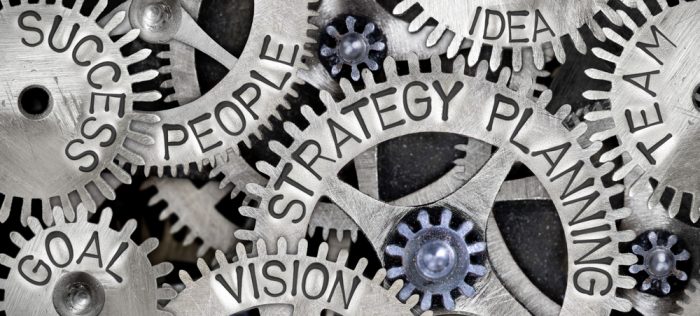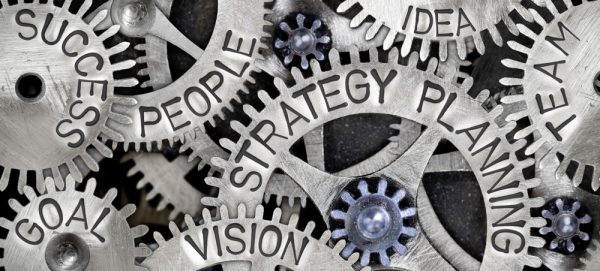Everybody talks about finding your “Why” and how important it is when in your marketing efforts. People don’t just tell you how important it is to have one, they also typically go into a description of what your “Why” is – or is not. As you know, I’m sure, your “Why” is an expression of the impact you want to leave on the world. It’s what makes you get started in the morning and keeps you going, even in the most difficult of times. You may have been told how to incorporate it into your Unique Selling Proposition (USP) or Value Proposition (VP), and you know that communicating it clearly helps you to attract the right customers.
Your why very well may be the reason you attract the audience you do, but is it really the reason customers buy from you? Think about that for a minute. What was the last thing you purchased? Now think about why you bought it. Did you buy it because the company that you purchased it from held certain beliefs or was committed to certain values? Was it because of the impact that company wanted to make? Probably not.
You most probably purchased it because it matched some need you had, or solved some issue you were dealing with. Did it matter that the company was committed to the environment, or some other cause? Now, don’t get me wrong, cause marketing and the definition of your “Why” are both important ways to attract customers, but it’s not the entire story.
Have you ever thought about your customer’s “why”? I don’t mean their USP or value statement. I mean what were the most compelling factors in their decision to buy your product (or service) and not someone else’s. If you’re like most business leaders who were thrown into the sales role, you may not ever have circled back and asked your customer why they decided to purchase from you after the transaction was complete. I really recommend that you do that. In fact, in my humble opinion, the transaction is not complete until you have discovered the main reasons the last customer purchased from you.
I typically circle back after the services (or goods) have been provided and ask the customer what they liked most about doing business with me and my company and what they liked least. That way I can improve upon the experience. But I don’t stop there. I also ask what made them decide in my favor – and I always hope it is not the price. Knowing this information helps me to identify the next prospect who is most likely to do business with me, and to improve not only my offerings, but also the experience of working with me or one of my team members. And the more closely I can match what they like and repeat it, the more likely I am to create loyal customers.
I also highly recommend that you recognize that their choice is an exercise of their options, and appreciate that they could have easily gone elsewhere. The next time you close business with a customer – whether new or a repeat customer – make sure you ask them about their experience and the reason they opted to buy from you. Then feed it back into your offering development process. For more about product development, check out the blogs in this category.



